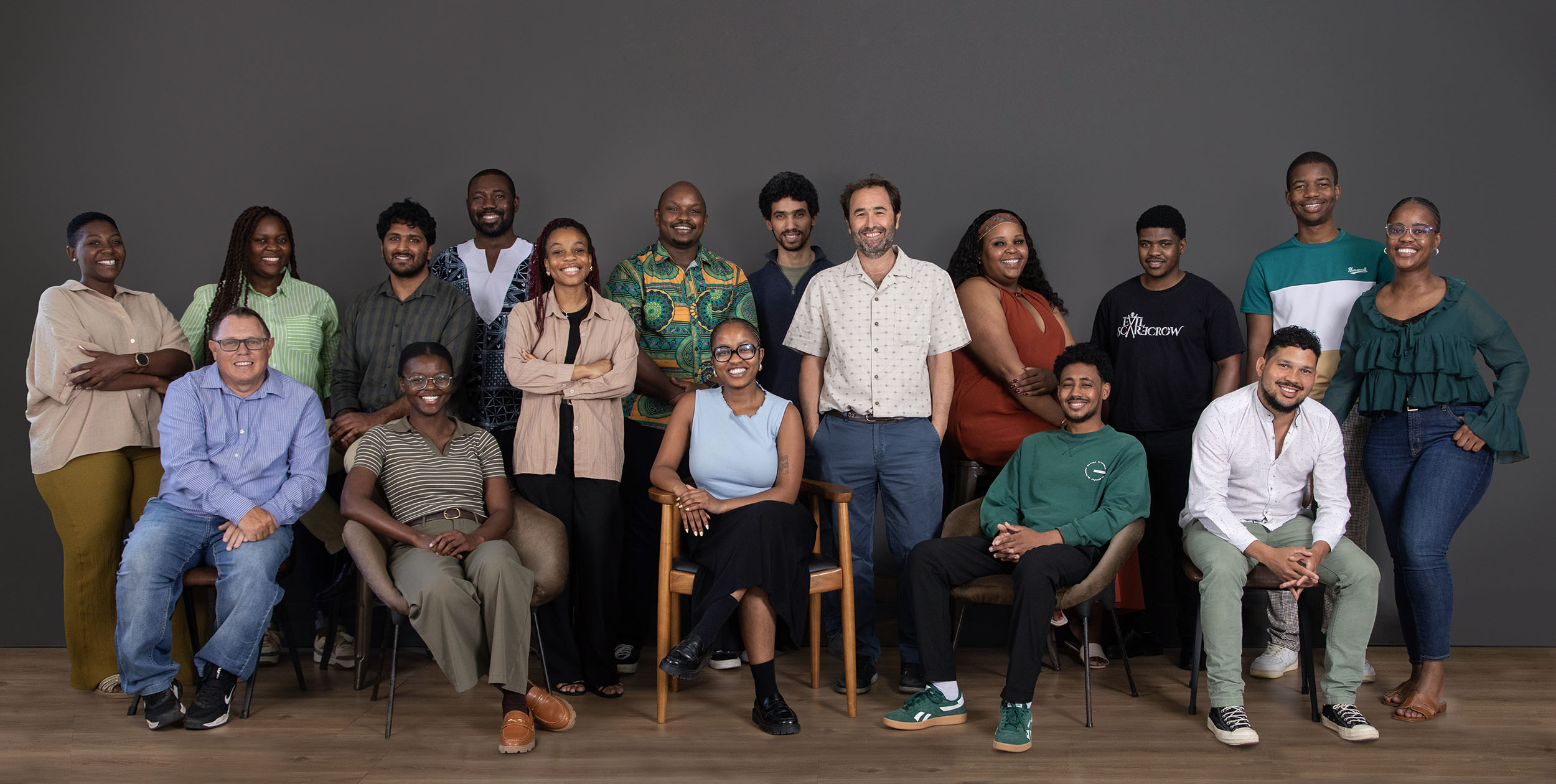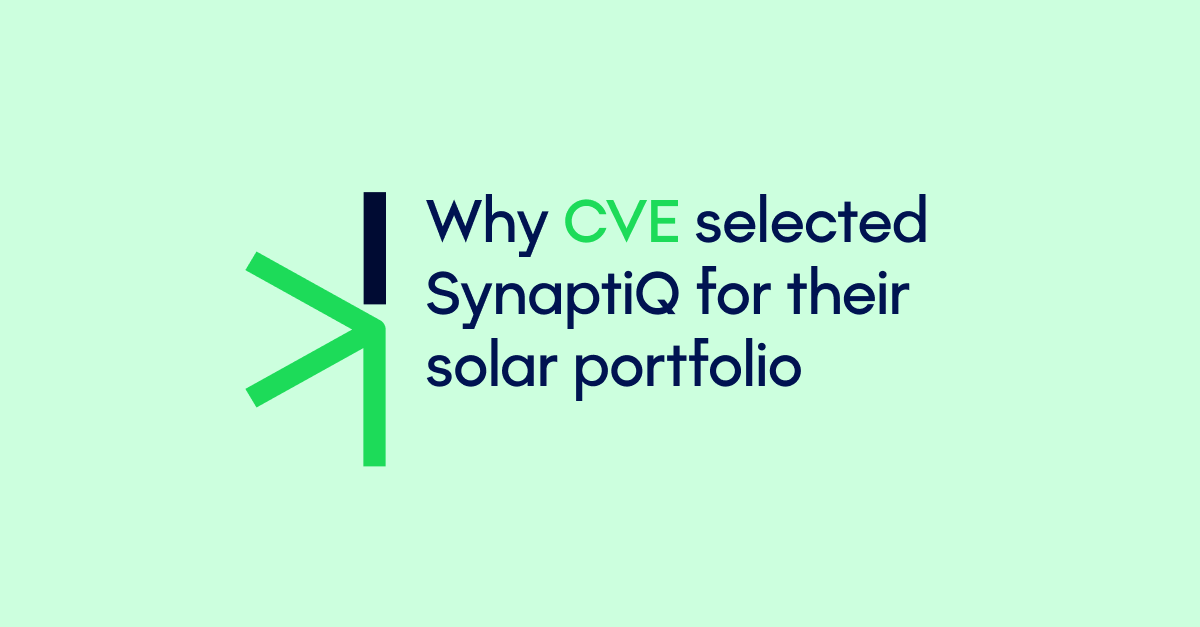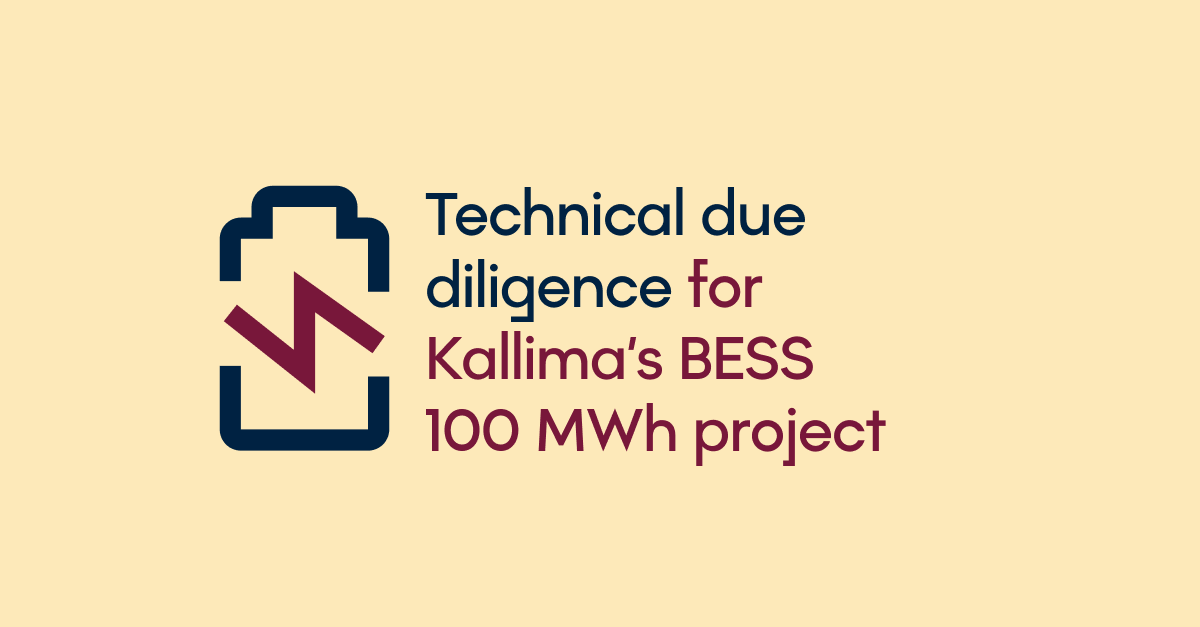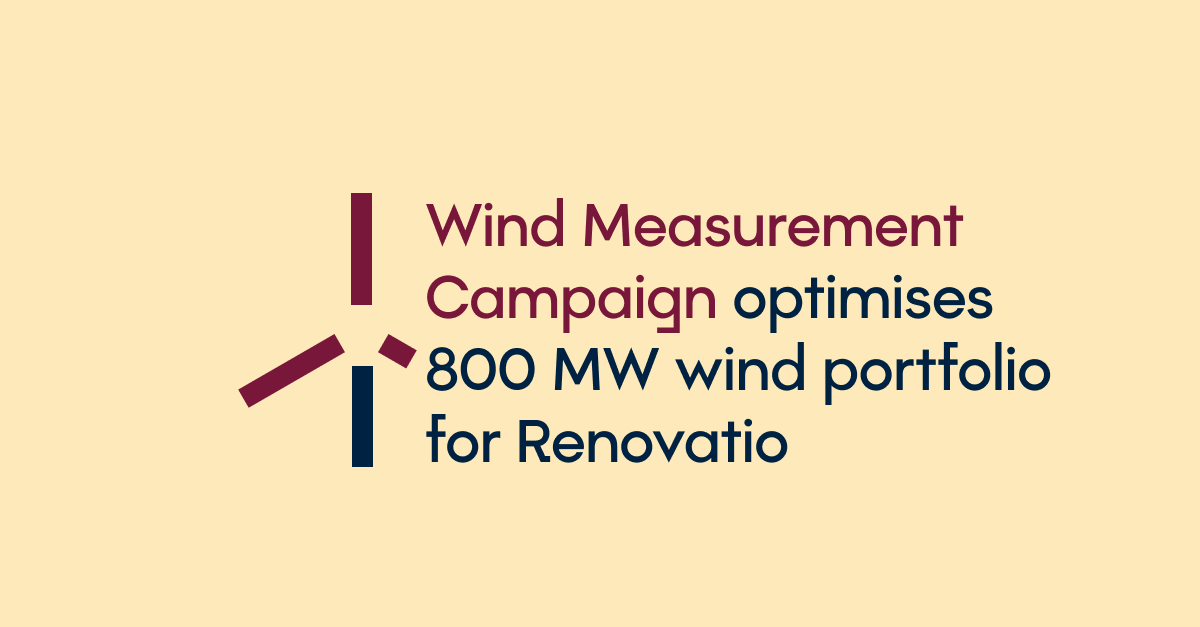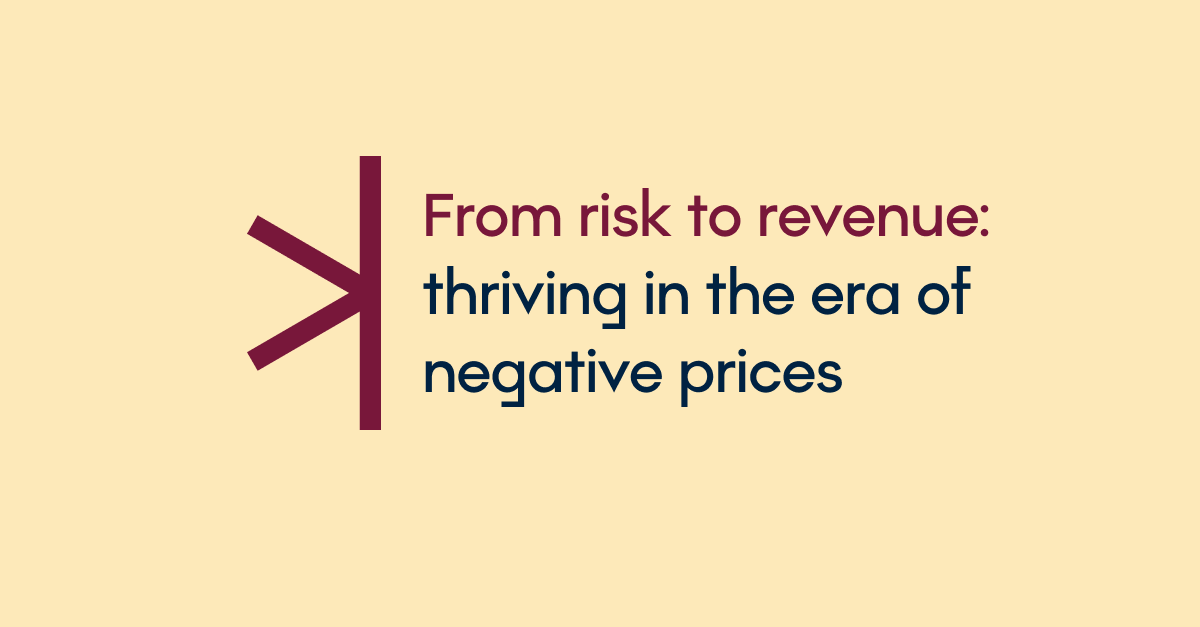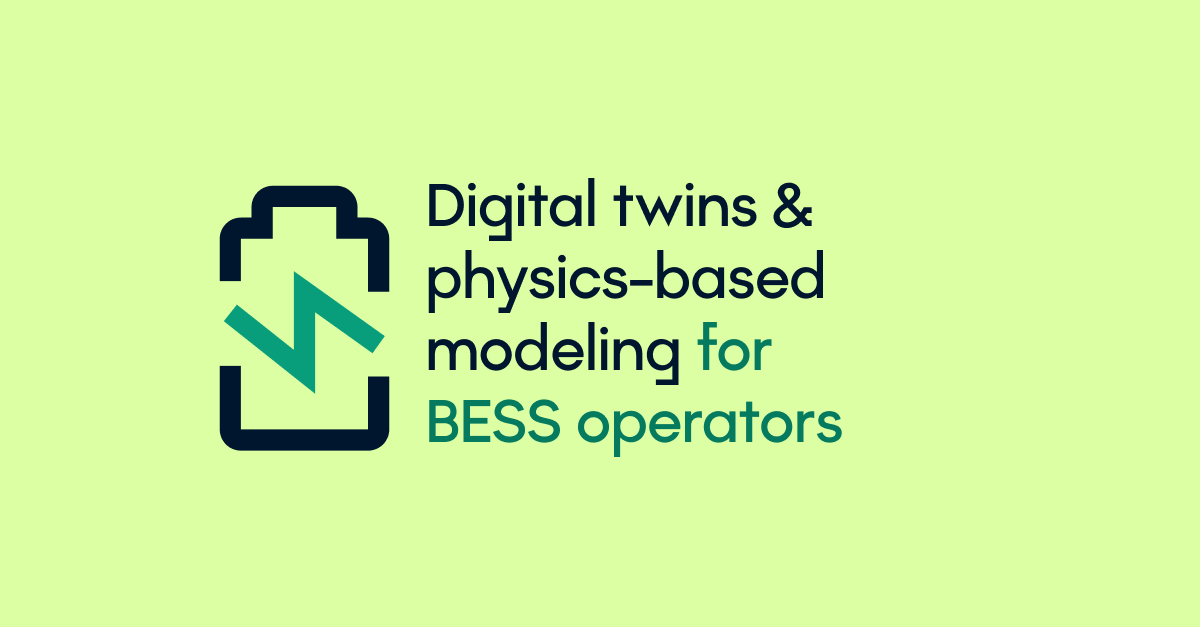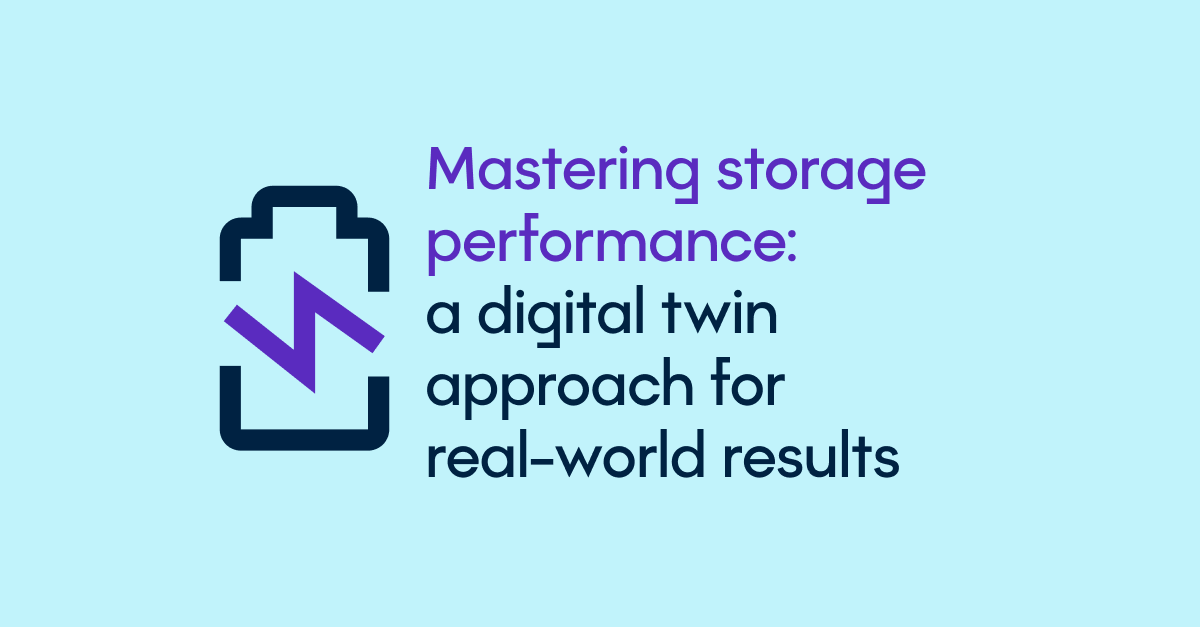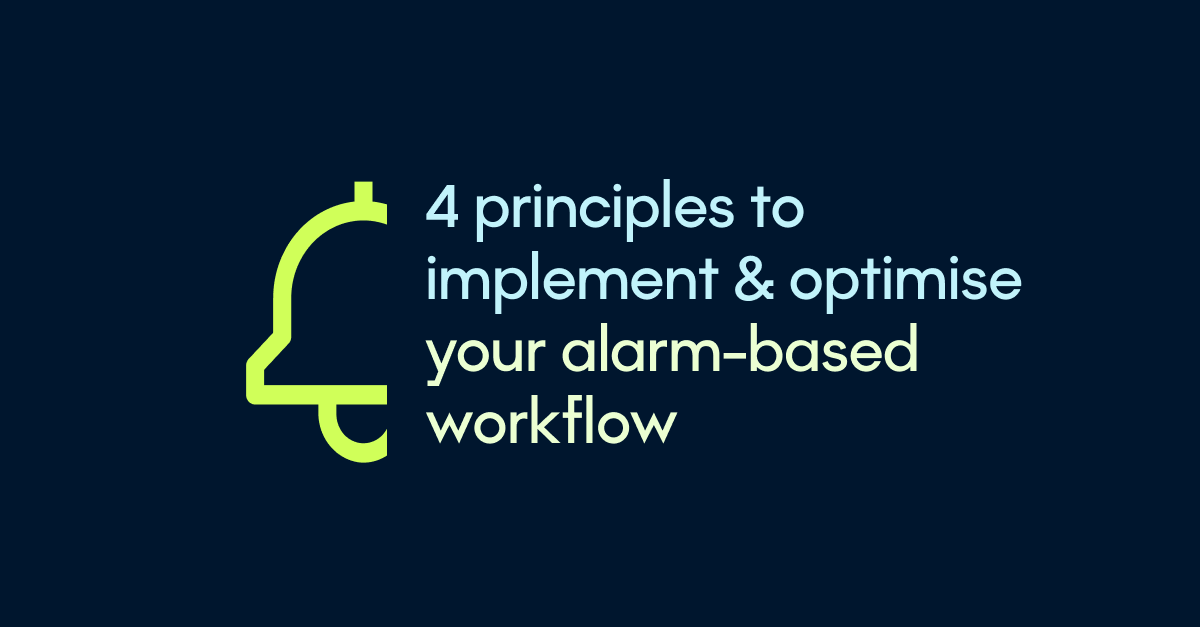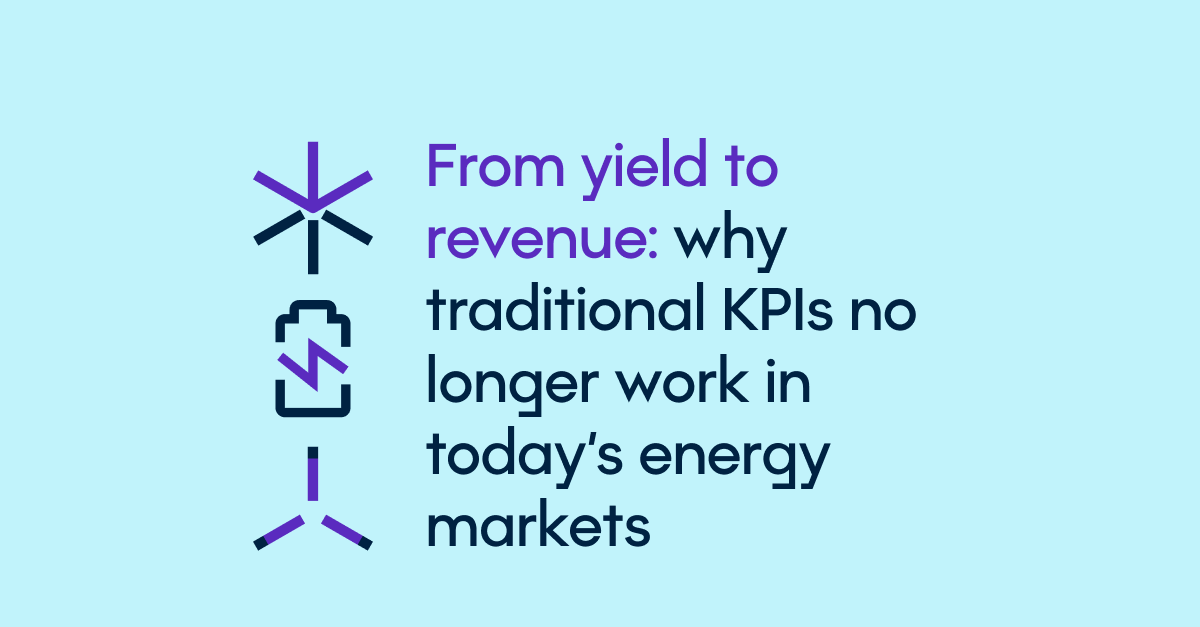Self-consumption is a strong driver in the revenue model of rooftop photovoltaic systems, and the lack of it could be a deal breaker for specific solar projects. In March 2018, 3E presented solutions through the concept of ‘collective self-consumption’ and a ‘transfer-of-energy’ in the Flemish parliamentary energy commission. The concept can be exemplary for policies elsewhere and is currently pushed forward in a new directive proposal of the European Parliament and the Council for the promotion of renewable energy sources.
Self-consumption is the process by which a single prosumer uses on-site generation to (partially) cover its own electricity needs. The on-site generated solar electricity is used instantaneously below the connection point with the grid, or stored for later use. This used electricity has the same value as electricity withdrawn from the grid – being the sum of commodity costs, grid charges and taxes – and thus much higher than the created value when injecting excess energy in the local grid.
The above means that the lack of self-consumption for certain prosumers due to a mismatch between local demand and renewable generation limits the economic potential for rooftop PV-systems, for example on schools, sport arenas and churches. As a response to this phenomenon, two solutions could be raised:
On March 14, 2018, Ruben Baetens and Antoon Soete of the Grids, Storage & Markets division were invited to the Flemish Parliamentary Commission of Energy discuss this topic (video, report).
Solar sharing
The concept of solar sharing can be seen as the creation of a financial product that aims at mimicking the effect of self-consumption.
Similar to a corporate PPA as a means to invest in renewable sources, it is an agreement between a party which generates electricity (being the owner of a PV system) and one which is looking to purchase electricity (being the end consumer). More specifically, solar sharing allows individual consumers to participate in a renewable energy project, and have the financial returns be achieved through a deduction on their electricity bill. This deduction can be a financial deduction or a deduction on the final invoiced energy consumption, but in such financial approach, the potential added value is limited.
Collective self-consumption
The concept of collective self-consumption is a way to create value through the concept of self-consumption wherefore, in contrast to the idea of solar sharing, the created value can be justified through a reduction of the overall system costs. Collective self-consumption is driven by a group of jointly acting renewable self-consumers, joined in proximity. This could be applied to a range of situations, from apartment owners with a collective rooftop PV system to a neighborhood with multiple prosumers connected by a single feeder or a distribution island.
Through a virtual metering, based on a transfer of energy of excess energy to participating consumers, a higher self-consumption is reached in a new, aggregated system as context. For this energy, it is proven that it doesn’t leave the system and thus could (or should) be exempt from charges representing the higher grid. Through this exemption, the value of locally generated and used energy increases, and with it the revenue model of an investment in a PV system.
The concept is currently also put forward in Article 21 of the new directive proposal of the European Parliament and the Council for the promotion of renewable energy sources. Here, collective self-consumption is described as a solution to maximize the consumer’s empowerment and their potential participation, while on the same time mitigating grid deployment costs and grid costs distributional issues.






